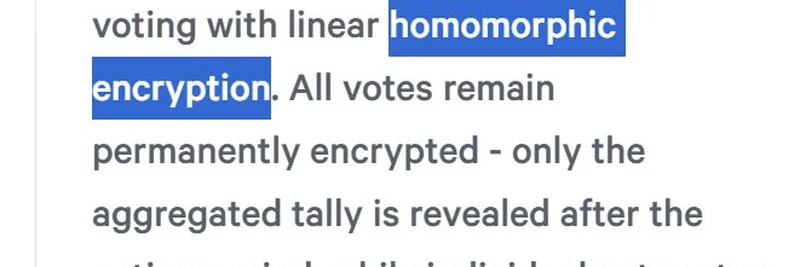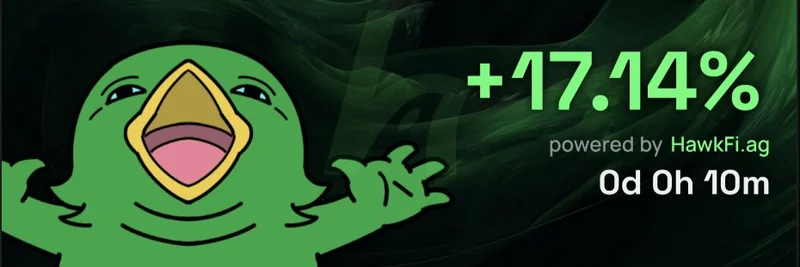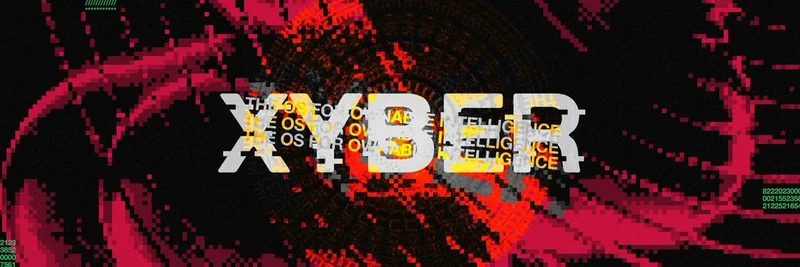If you've ever participated in a DAO vote, you know the drill: your choices are out there for everyone to see. That can lead to all sorts of issues, like pressure from big holders or even retaliation. But what if voting could be truly private, like a secret ballot in traditional elections? That's exactly what Shutter Network and Snapshot Labs are rolling out with their new Permanent Shielded Voting feature.
Shutter Network, a project focused on encrypting the mempool to promote fairness in blockchain transactions, just announced this major upgrade. It's built on threshold-homomorphic encryption using the El-Gamal scheme, combined with zero-knowledge (zk) proofs. For those new to the terms, homomorphic encryption lets you perform calculations on encrypted data without decrypting it first—super useful for adding up votes privately. Zk proofs, on the other hand, allow you to prove something is true without revealing the underlying info, ensuring everything's legit.
This isn't just a tweak; it's a game-changer for digital governance. Public voting often skews results because people vote based on signals or fear rather than conviction. By making votes permanently private, DAOs can foster more honest participation. And since meme token communities often rely on DAOs for decisions like treasury management or project directions, this tech could help level the playing field, reducing whale influence and encouraging broader community input.
Let's break down how it works step by step:
- You encrypt your vote choice using El-Gamal and a shared public key.
- Generate a zk proof to show your vote is valid (no funny business).
- All encrypted votes get aggregated homomorphically—meaning they're summed up while still encrypted.
- Finally, Shutter's distributed key generation (DKG) network decrypts only the total result, keeping individual votes hidden forever.
The magic here comes from combining these crypto primitives: homomorphic encryption for tallying, threshold encryption for secure key handling, and zk proofs for verification. El-Gamal is chosen because it's efficient for this specific task—summing votes without the heavy overhead of full fully homomorphic encryption (FHE), which doesn't scale as well.
Right now, they've released a proof-of-concept (PoC) integrated into a forked version of Snapshot's UI. You can try it out yourself by cloning the repo at github.com/pepae/sx-monorepo-elgamal and firing it up with Docker. It includes the Snapshot interface and the Shutter El-Gamal servers.
This tech goes beyond just DAOs. It's a blueprint for private, verifiable voting in any digital system—think cooperatives or even larger-scale elections. For meme token enthusiasts, imagine using this in your favorite project's governance to make decisions without the drama of public scrutiny.
Shutter turned three years old last week with their original Shielded Voting, and this permanent version is the next evolution. If you're a DAO admin or participant interested in enabling this for your Snapshot space, hit them up. For more details, check out the full blog post on blog.shutter.network.
In a world where blockchain transparency is key, adding layers of privacy where it counts—like in voting—could make meme token ecosystems more inclusive and robust. Keep an eye on Shutter Network; they're pushing boundaries in base layer neutrality and information symmetry.




